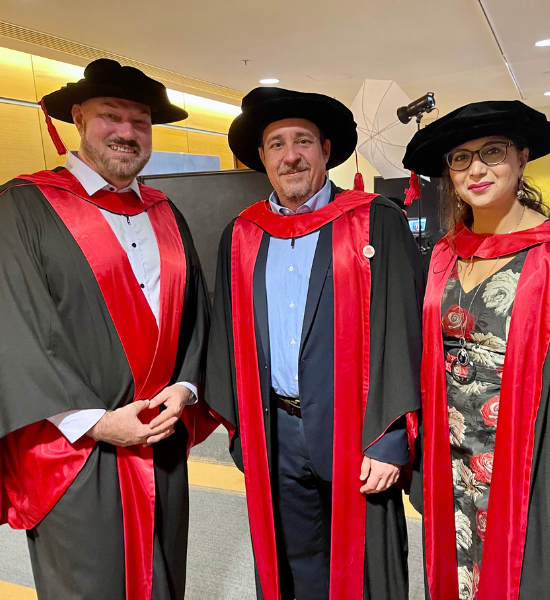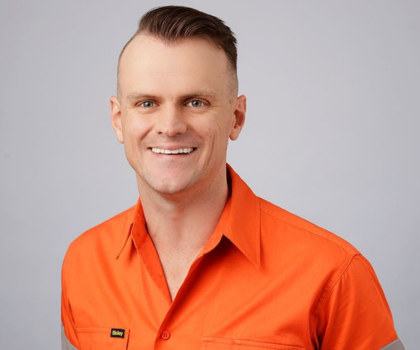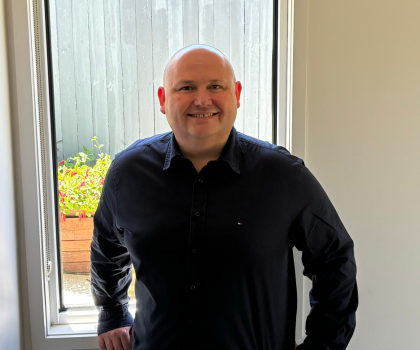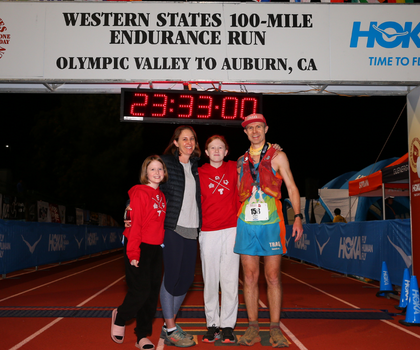
Peter is the Course Convenor for Doing Business across Asia-Pacific, a core course in the accelerated online MBA program. He has a wealth of cross-cultural management knowledge and experience, which we explore in this interview.
You are the Course Convenor for Doing Business across Asia-Pacific. What can students expect from this course in terms of their learning experience? How do you link it to the “real-world”?
The course takes students on a journey to discover how to effectively establish and build businesses in the Asia-Pacific. Students will develop and present a pitch to establish a new or expand an existing business in a market of their choice in the Asia-Pacific. In addition, students will evaluate an existing Australian business of their choice in the Asia-Pacific and make recommendations on how to improve the business into the future. We link the course to the real world each week by inviting successful businesspeople to join us for a discussion on how to do business in different Asia-Pacific regions.
As a part of the course, you are teaching MBA students about modern slavery. How can organisations minimise the risk of modern slavery in their supply chain?
Students were surprised to learn just how extensive and pervasive slavery was in current supply chains. From sweatshops to domestic help to forced agricultural workers to international call centres, there are workers who are employed in conditions where their passports and wages are withheld, and they are confined and cannot escape their workplace related accommodation.
Even in Australia, there are workers who are employed in conditions that would be classified as modern slavery. In the MBA course we explore an active risk management process to ensure that slavery is not part of a supply chain. Procurement managers should ask particular questions of their suppliers, and suppliers should fully understand where their materials and services are sourced from.
What do you enjoy most about teaching MBA students? Is there a particular experience that stands out for you?
I really connect with the hunger in MBA students to learn, improve and advance in their careers. MBA students are usually already practicing management in the real world, so our interactions in the classroom are based around solving and exploring practical issues and problems that students are facing. I stay in touch with my students after the course, and we often exchange contacts, insights and discussions into the future.
What is one thing you have recently listened to, watched, or read, that you would recommend to an MBA student?
I would recommend that students explore the issues surrounding the Voice to Parliament, and I have found the writings and talks by Thomas Mayo to be really helpful. I first came across his insightful perspectives through a book I bought for my kids, titled ‘Finding Our Heart’, which is all about the Uluru Statement for young Australians. He has written for adults too, and I have heard him speak a few times. Business seems to be further ahead than many of our politicians in understanding these issues, but I find the debates around the voice to be really helpful in understanding more about our nation’s history, how to incorporate different cultural perspectives, how to resolve thorny issues around cultural identity and how live justly in a sometimes unjust world.
You have partnered with several Indonesian ministries and universities over the years. What advice would you have for professionals looking to build successful relationships in Indonesia?
The relationships I have with Indonesian ministries and universities have been built over many years and we have stayed in touch through Facebook, visits, participating in activities together, doing business and by always seeking to understand and appreciate each other. Understanding and appreciating the religions and cultural practices of Indonesia have helped me to further develop those relationships over time. You bring your whole self when you build relationships in Indonesia, so I have learned to warmly embrace the families and open my family life to the people in my Indonesian network.
Which UN Sustainable Development Goal (SDG) would you like the Asia-Pacific region to achieve as quickly as possible and why?
I believe that education can change the world and so SDG 4 “Ensure inclusive and equitable quality education and promote lifelong learning opportunities for all” is the one that would make the most difference, especially in the Pacific. I’m thrilled to be a part of a Business School that is involved in development education throughout the region, and I am thrilled to be a part of implementing this goal through Griffith University.
If you have a question, we encourage you to connect with Associate Professor Peter Woods on LinkedIn.
You may also like

Meet MBA Alumnus, Darrin Mackenzie
Darrin is the General Manager of ENZED and Co-founder of ReHose Solutions. In this interview Darrin reflects on the year that was, his personal and professional journey, achievements, and shares insights into his passion project for reducing supply chain risks.

Meet MBA Alumnus, Damien Lefrancke
Damien is the QLD & NSW State Manager at Telstra Business. In this interview Damien shares his aspirations for the year ahead, insights into his personal and professional journey, and how he sees the telecommunication industry contributing to a more sustainable future.

Meet Adjunct Associate Professor, Michael Duggan
Michael is a valued member of the Griffith MBA Community, who shares his experiences and expertise with our students and alumni. In this interview, Michael talks about fatherhood, work-life balance and the importance of the Sustainable Development Goals (SDGs).